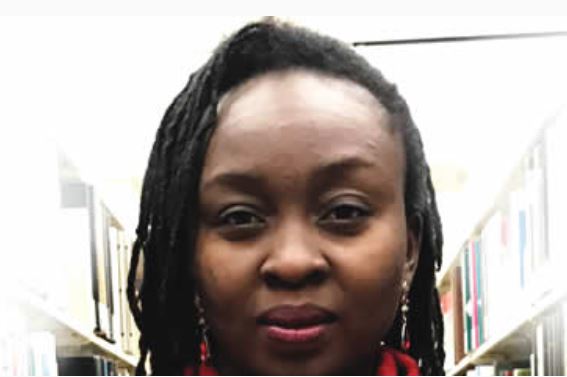
Abimbola Adelakun
Former President Olusegun Obasanjo said several useful things in his keynote address at the Cathedral Church of St. Paul’s Anglican Church, in Oleh, Delta State, over the weekend, but only two things have stuck with everyone: Fulanisation and Islamisation.
I disagree with Obasanjo on many things, especially his toxic politics, but his elaboration of Nigeria’s security quagmire was not wholly inaccurate. He did not say anything we did not know, and what was perhaps different about his submission was the weight of his words as a former President and of course, his seeming predilection for mischief. Other than those, his assessment that what started because of a shortage of opportunities for upward mobility has now graduated to a wholesale crime that amongst other intents, wants to Fulanise and Islamise Nigeria is an observable reality. Since he gave that speech, different groups have fallen over themselves to denounce him, and some Islamic groups even took umbrage at the conflation of banditry and lawlessness with “Islamisation.”
Two things have characterised the criticism of the assertion of Fulanisation/Islamisation. One, they have been more interested in maintaining a façade than confront reality. For instance, the Minister for Information and Culture, Lai Muhammed, thought Obasanjo’s pronouncement was divisive. Unless Muhammed has been living under Olumo Rock, he should know that Nigerians are presently far more fractured at this moment in their history than they have ever been. Part of the blame, of course, goes to Muhammed’s paymasters in Abuja who turned their clannish politics into a national policy and also exploited ethnic and religious differences for their political advantage.
The second problem with the criticism is that they took the allegations of “Fulanisation” and “Islamisation” literally. Yes, indeed, those terms were the bogeymen they used to frighten us to not vote a Fulani-Muslim in 2015. All of what they threatened would happen if Nigerians voted Buhari has not happened, at least in the way the pundits predicted. There is indeed an argument to be made against a purported system of Fulanisation/Islamisation that has made as many ethnic Fulanis and Muslims its victims as anyone else. The violence has been indiscriminate in its targeting of victims, and the perpetrators of all the crimes we have seen happened are from diverse ethnic groups. While there are many contributing factors that rubbish any simplistic claims, it does not mean the charges of Fulanisation/Islamisation have no legitimate basis. The Global Terrorism Index notes that Fulani herdsmen are the fourth deadliest terror group in the world, and there is a reason you have not seen them being tried in courts despite the grievousness of their crimes.
Obasanjo’s thesis draws a line between the ethnic/religious identity of the thoughtless miners of evil and the President’s, but it is a tenuous one. I doubt that the bandits and marauders who commit the crimes are self-consciously executing the agenda of either Fulanisation or Islamisation. They are self-interested criminals, with no higher goal or ideal than self-enrichment and terrorisation of the populace. They are not a revolutionary army of people seeking to worm their way into political forces; they are common criminals. What is noteworthy here is that they are emboldened by the protection that religion and ethnicity afford them, and so they commit crimes with impunity.
The Fulanisation/Islamisation presently destroying Nigeria has not followed the pattern they said it would. The project has gone beyond implanting ethnic cohorts in high places or even the attempt to make all of us Muslims. No, it is about the creation of a political cult based on the ethnic and religious identity of the most influential figure in the land -the President- and that of his closest associates whom he has implanted in power. For this group, political power is an heirloom that must be circulated within their exclusive class, and which admits handpicked members after they have proved themselves worthy of belonging by ostentatiously performing their loyalty to this club of political elites.
You would have noticed that since the present administration started, almost all the vociferous voices that yelled against one thing or the other in the past administrations have virtually gone mute. Their silence is not a coincidence; these former social advocates have been browbeaten by the inveighing forces of Fulanisation/Islamisation that demand conformity from everyone to enable a perpetuation of its power. This regulation of compliance takes several forms, but one of the most obvious is the cult of silence that pervades southwestern Nigeria despite the invasion of the region by herdsmen. There is a conspiratorial silence not to see or speak. From state governors to even the so-called Yoruba leaders, people are more invested in playing the politics of I-remain-loyal rather than calling out Fulani herdsmen for the atrocities they are committing. These elders and leaders are maintaining a posture of self-censure and looking away from the unfolding anarchy because to speak up is to risk jeopardising certain privileges.
The connection between the evils done by Fulani herdsmen on the streets and the Fulanisation/Islamisation agenda can be seen if we understand how various spheres connect. From the cowing of previously strident voices, to the bending of tenets of democracy to accommodate the abuses and excesses of the coterie invested power, to the cult of Buhari’s devotees who are all over the place barking at any dissenting voices, to the ways politicians from other regions of Nigeria have to contort themselves and prove they are non-threatening in order to assure the wielders of power that “we are together,” there is an ongoing pacification. They are regulating ethics of behaviour, and the end goal is to make the social ecology more amenable for these power mongers to reign. Fulanisation/Islamisation demands that you identify with their religion and culture, pander to it, and also consciously carry out actions that help them institutionalise their power. That is why it is not enough that southern politicians join the All Progressives Congress; they have to dress like the Fulani. It does not stop there. If Buhari heads to Saudi Arabia, they not only follow him there, they dress like Saudi Muslims.
Because the criticisms of Fulani herdsmen will touch their patron saint in Aso Rock (who has been their staunchest defender by the way), these people either avoid the subject or speak in cowardly tongues. Just look at the number of people who will rather criticise Obasanjo than speak up against the conditions of insecurity that we face.
If you doubt that religion and ethnicity feature in the ways regional crimes are tackled in Nigeria, take a moment to compare the “crimes” of the pro-Biafran secessionists with the ones ravaging northern Nigeria. The former was brutally assaulted and killed, while the treatment of the latter confirms that what you can get away with in Nigeria depends on where you were born. When they asked the President if his administration would change their approach to managing the magnified problem of insecurity, he had nothing in his head or heart to offer other than say he had observed that the Inspector-General of Police, Mohammed Adamu, was losing weight, and therefore must be working hard on that issue. It was not a joke, and even if it were, who uses a severe situation that has taken many lives and destroyed livelihoods to play for laughs?
Let’s not be fooled; he gave that answer because he was not ready to confront the sins of his kinsmen. That is how the politics of Fulanisation/Islamisation works these days.
Those that are convinced that the day will never come when we will all be consigned to wearing the Burqa are right. The dystopia that awaits us will not be that colourless. It will be the one that will mandate that we deny our reality and continuously swear to allegiance to our abusers so that they can reward us with crumbs that fall off their table.
Written by Abimbola Adelakun
You may be interested
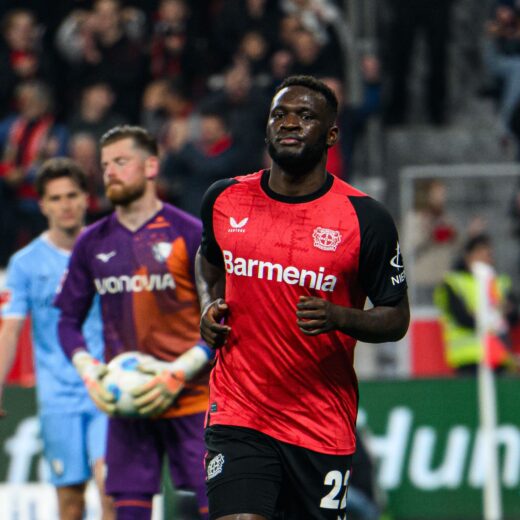
Boniface Scores As Leverkusen Beat Bochum, Close In On Bayern Munich
Webby - March 28, 2025Victor Boniface was on target for Bayer Leverkusen in their 3-1 home win against Bochum in the Bundesliga on Friday…
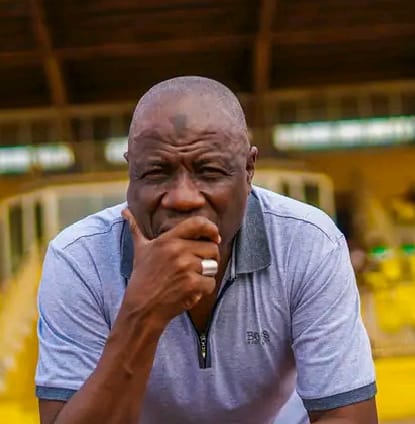
NPFL: Defeat To Kwara United Painful — Nasarawa United Boss Yusuf
Webby - March 27, 2025Nasarawa United head coach Salisu Yusuf has reacted to his team’s 1-0 loss to Kwara United, reports Completesports.com. Emeka Onyema…

Cote d’Ivoire Withdraw As Host Of U-20 AFCON
Webby - March 27, 2025Cote d’Ivoire announced late Tuesday its withdrawal from hosting the 2025 U-20 Africa Cup of Nations just weeks before the…

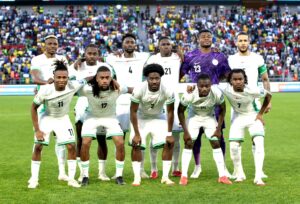

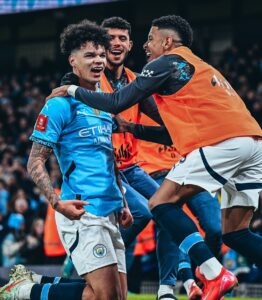
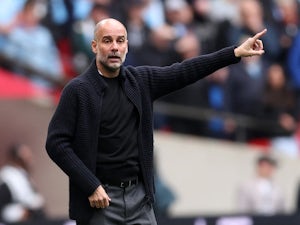
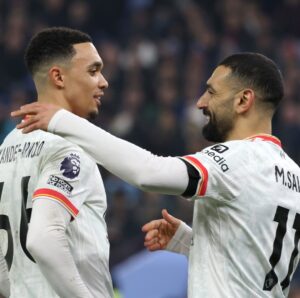
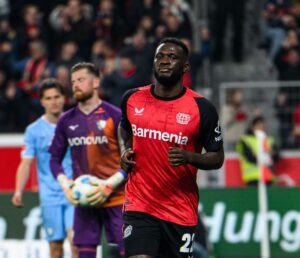
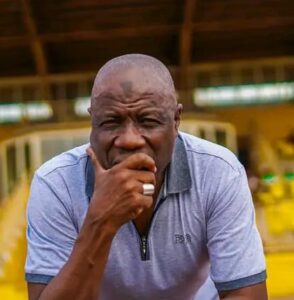

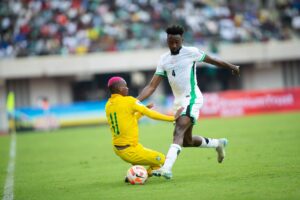

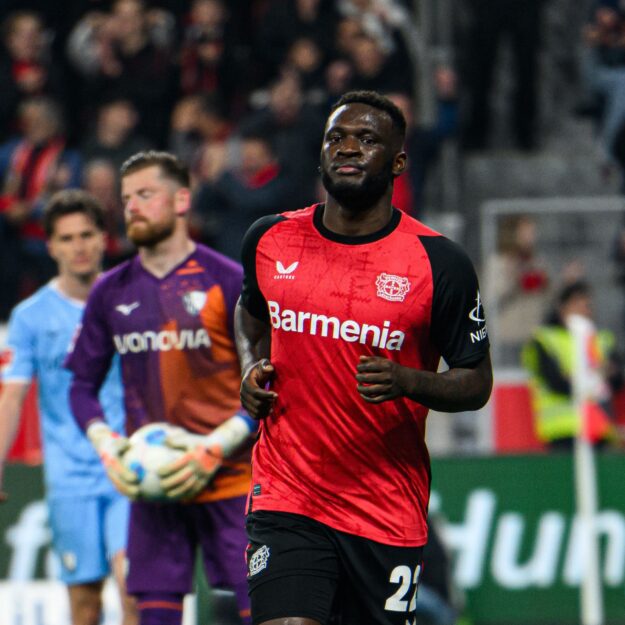
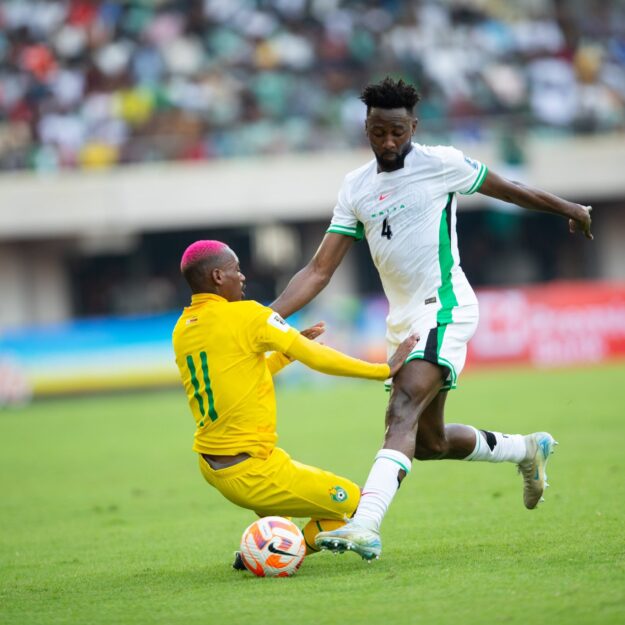
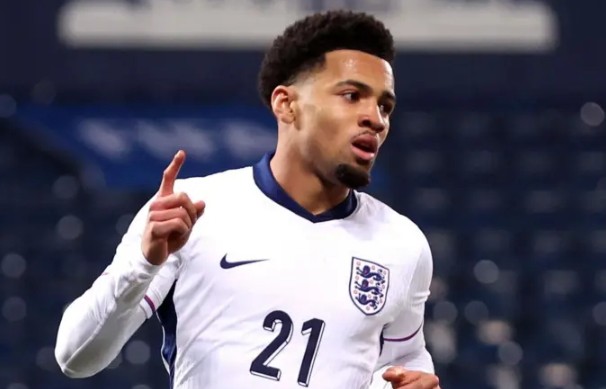
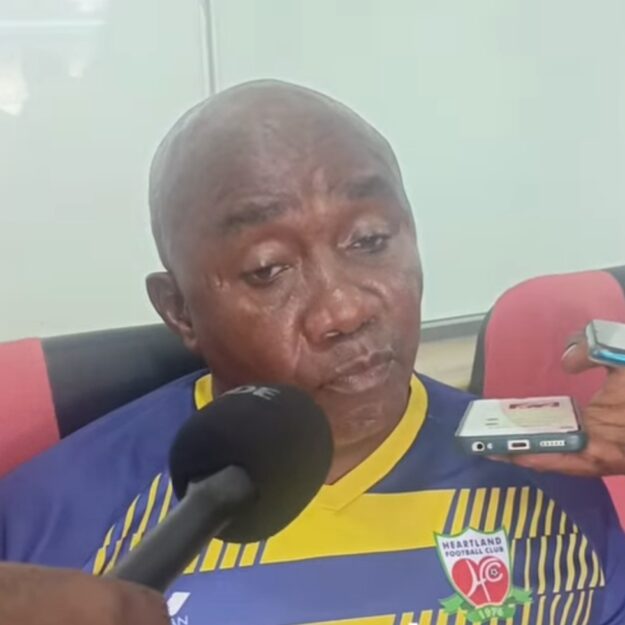

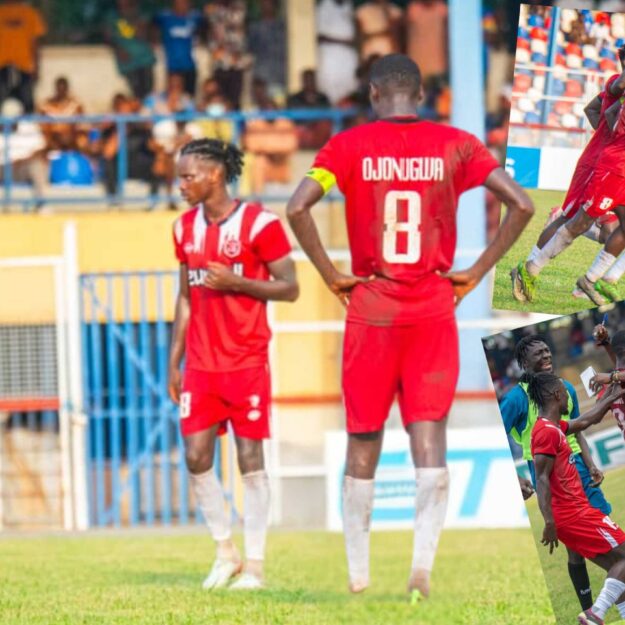
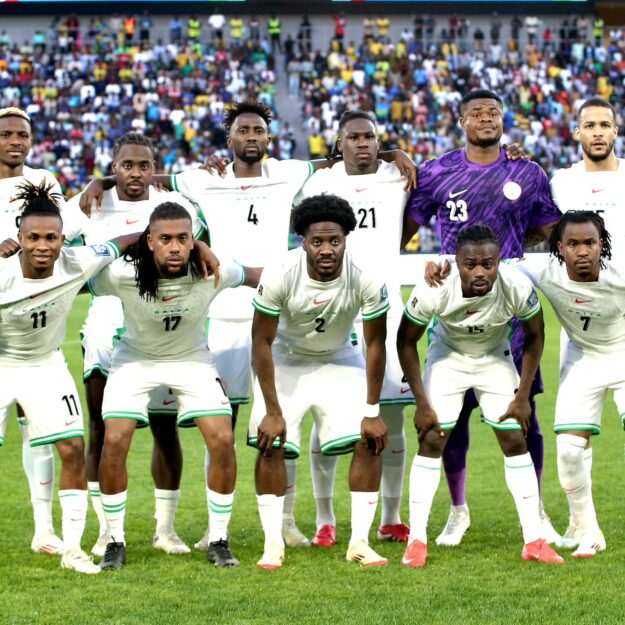
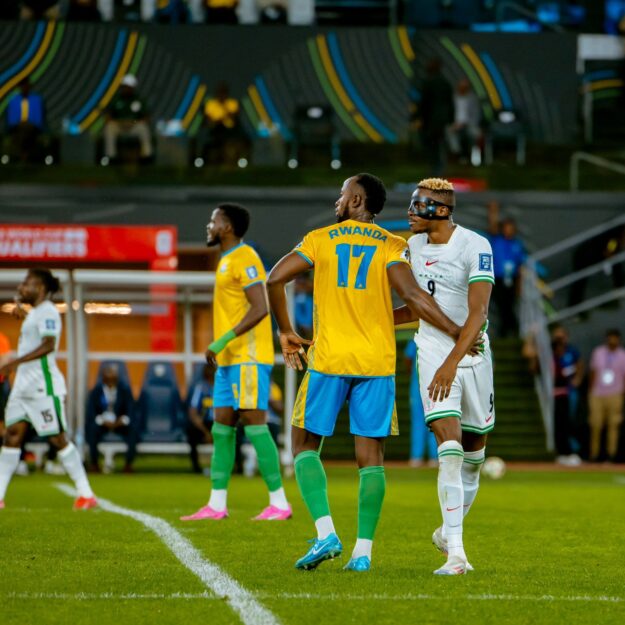

![American Pastor, David Wilson Seen Eating The Box Of Woman Who Isn’t His Wife [Video]](https://onlinenigeria.com/wp-content/uploads/2019/10/american-pastor-david-wilson-seen-eating-the-box-of-woman-who-isnt-his-wife-video-150x150.jpg)









